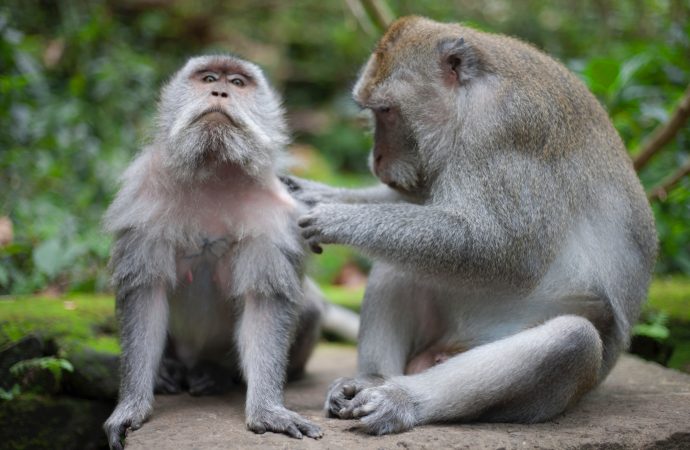Introduction: The United States is currently facing a critical challenge in scientific research as it grapples with a shortage of monkeys for study. These primates play a pivotal role in advancing knowledge across various fields, from medicine to neuroscience. However, the scarcity of research monkeys poses significant challenges and potential setbacks to scientific advancements.
Introduction:
The United States is currently facing a critical challenge in scientific research as it grapples with a shortage of monkeys for study. These primates play a pivotal role in advancing knowledge across various fields, from medicine to neuroscience. However, the scarcity of research monkeys poses significant challenges and potential setbacks to scientific advancements. This article explores the causes of the shortage, its consequences, and the urgent need for innovative solutions.
The Shortage and Its Causes:
The shortage of research monkeys in the United States can be attributed to several factors. Firstly, there has been an increased demand for these primates in a wide range of scientific studies. As our understanding of complex diseases and human health expands, so does the need for primate research subjects. This heightened demand has outpaced the available supply, resulting in a shortage.
Moreover, strict regulations and ethical considerations surrounding primate research have contributed to the scarcity. Concerns about animal welfare and the ethical implications of using primates in research have led to more rigorous oversight and limitations on their importation and use. While these measures aim to ensure the ethical treatment of animals, they have inadvertently constrained the availability of research monkeys.
Consequences for Scientific Advancements:
The shortage of research monkeys has far-reaching consequences for scientific advancements. Primates, with their biological similarities to humans, offer invaluable insights into human physiology, behavior, and the development of treatments for diseases. They have played a crucial role in advancing medical research, including the discovery of life-saving therapies and the understanding of complex neurological disorders.
The scarcity of research monkeys hampers ongoing studies and impedes the progress of critical research projects. It limits researchers’ ability to conduct experiments that directly impact human health and undermines efforts to find cures for diseases affecting millions of people globally. Without an adequate supply of research monkeys, the development of new treatments and therapies may be delayed, potentially costing lives and prolonging suffering.
Innovative Solutions and Collaborative Efforts:
To address the shortage, scientists and research institutions are exploring alternative approaches and collaborating to find innovative solutions. One approach involves investing in alternative research models, such as in vitro studies, computer simulations, and the use of non-primate animal models. While these methods provide valuable insights, they cannot fully replicate the complexity of primate biology.
Collaboration between researchers, policymakers, and animal welfare organizations is crucial in finding viable solutions. Efforts to optimize research protocols, reduce the number of animals used, and improve sharing of resources and data can help mitigate the impact of the shortage. Additionally, fostering international collaborations and exploring responsible sourcing from primate breeding facilities can contribute to a more sustainable supply.
Balancing Scientific Progress and Ethical Considerations:
The use of monkeys in research raises ethical considerations and sparks ongoing debates. Animal welfare advocates express concerns about the treatment of research monkeys and the moral implications of invasive procedures. On the other hand, proponents of primate research highlight the critical role that these animals play in advancing medical knowledge and improving human health.
Achieving a balance between scientific progress and ethical considerations is crucial. It requires ongoing dialogue, robust ethical oversight, and the implementation of the principles of the 3Rs (Replacement, Reduction, Refinement) to minimize the use of animals in research. This approach encourages the exploration of alternative methods and the continued refinement of research practices.
Conclusion:
The shortage of research monkeys in the United States poses significant challenges to scientific research and the development of new treatments. Without an adequate supply of these essential animals, progress in understanding diseases and finding cures may be hindered. However, scientists
are actively seeking innovative solutions, exploring alternative methods, and collaborating to mitigate the impact of the shortage.
Moving forward, finding a balance between scientific advancements and ethical considerations will remain a critical endeavor. By fostering collaboration, embracing alternative research approaches, and implementing responsible practices, we can navigate the shortage while upholding ethical standards and driving scientific progress.

















Leave a Comment
Your email address will not be published. Required fields are marked with *